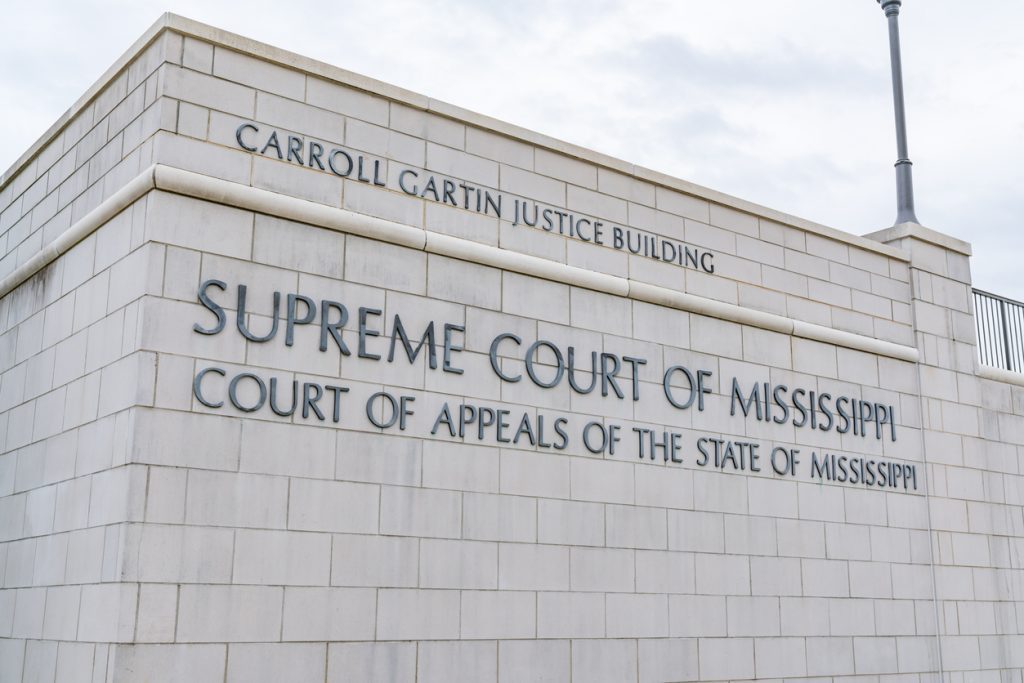Property damage claims, both large and small, are often subject to increasing scrutiny by insurance carriers. With increasing frequency, we are seeing insurers hire construction consultants and engineers to provide opinions on claims that, in the past, seasoned adjusters would have simply scoped and paid. This trend is in part due to the lack of experience and training of current generation of adjusters, however, it appears that many carriers believe that having a report from a third party consultant will shield them from any extra-contractual liability.
While a policyholder has certain obligations to cooperate and assist in the evaluation of an insurance claim, the obligation to investigate and adjust the claim rests solely on the insurer. While the insurer could, and often should, retain an expert when the need arises, the insurer must take steps to ensure that their expert is qualified and unbiased. The insurer must review the expert’s opinions to ensure they’re reasonable and correct.
The Texas Supreme Court has dealt with the issue of whether an insurer’s reliance on an expert will shield it from extra-contractual liability. In State Farm Lloyds v. Nicolau, 951 S.W.2d 444 (Tex. 1997), the court considered State Farm’s appeal from a jury verdict awarding over $600,000 in damages for breach of contract, bad faith, and attorney’s fees. On appeal, State Farm argued that the fact its coverage denial was based on an engineering report from Haag Engineering conclusively established that it did not act in bad faith. The court disagreed.
In upholding the jury’s determination of liability for bad faith, the court noted:
We have recognized that evidence showing only a bona fide coverage dispute does not, standing alone, demonstrate bad faith. But we have never held that the mere fact that an insurer relies upon an expert’s report to deny a claim automatically forecloses bad faith recovery as a matter of law. Instead we have repeatedly acknowledged that an insurer’s reliance upon an expert’s report, standing alone, will not necessarily shield the carrier if there is evidence that the report not objectively prepared or the insurer’s reliance on the report was unreasonable.
Insurers and policyholders alike can often benefit from the expertise of retained consultants to assist in the investigation and adjustment of claims. It is important, however, for an insurer to properly vet the expert both before and after they are retained. Without knowing the qualifications of the expert how can one reasonably rely on their opinions? Further, it is important for insurers to read and understand the reports it relies upon to make a coverage decision. Adjusters should critique the experts report utilizing their own knowledge and should not blindly accept an expert’s opinion, especially if the opinion supports a denial of coverage.
When going through the claim process it is equally important for policyholders to ask questions about the individuals retained by the insurance company. Always ask the adjuster to provide you with the expert’s CV and any other credentials that the carrier has on file about them. Policyholders should also ask the adjuster for copies of any and all reports created by the expert. If you have any questions, make sure to ask for an explanation in writing and always feel free to retain your own professionals to provide a second opinion if necessary.
